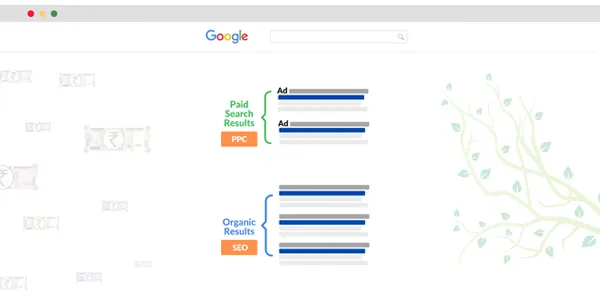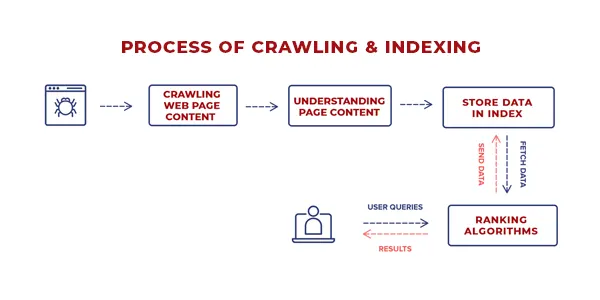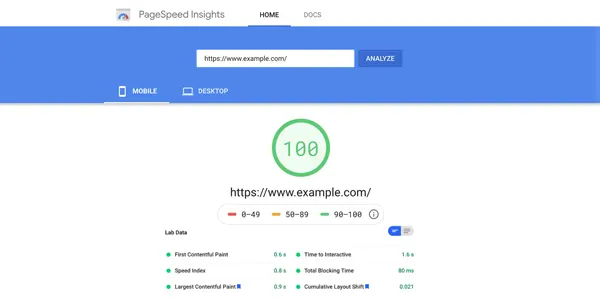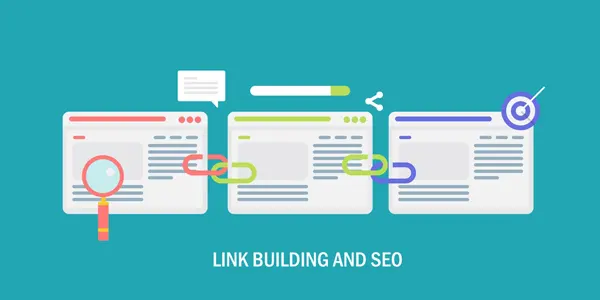Why Does SEO Matter? Why should we Optimize our Websites for Search Engines? Is SEO tough?
Those common questions are rising among the newbie’s world. Are you the one among them, Don’t Worry! Let me walk you through beginners to experts. This is the right path and best guide for Search Engine Optimization

SEO is Mandatory for every website when you are trying to pull organic traffic. Usually, SEO is considered as a long-term investment process that raises qualified free traffic. However, paid ads ranked on the first page. Google will give first preference to SEO.
Boost your organic traffic to your website with the No.1 SEO agency in Chennai
Definition of SEO
SEO stands for Search Engine Optimization. It is the process of gaining organic traffic by boosting the quality and quantity of websites or web pages.
SEO is an unpaid Digital Marketing strategy that increases the visibility of a website on the search engine.
Though Content might be in a good score, but making it visible to everyone you should optimize your website for Search Engines. Visibility is the most deciding part when you start from Nothing.
TO ADWORDS you want to pay for it but SEO is a free process anyone can do.
For example:

Search Engine
The most important topic in the guide for Search Engine Optimization is “search engine and work process of search engine”
A program that looks and identifies items in a database that matches user-specified keywords or characters, especially for finding specific sites on the World Wide Web
There are many types of search engines. Bing, Yandex, cc search, swisscows, DuckDuckGo, Startpage, Yahoo, Google, etc.
Almost Over 4.39 billion internet users are available on google. That is the main reason Google is the best platform for digital marketing.
How Does Search Engines Work?
Search engines gather information across billions of websites and store it in the search index. Once the user searches for any products or queries on the search engine, the result will be shown on the SERP(Search Engine Result Page) based on search queries and very sophisticated ones.
The Search Engine’s work is to discover, understand, and create content on the web or internet, to show the best result for the user.
Search Engine follows three main Steps to give better results for searched queries.
- Crawling
- Indexing
- Ranking
Crawling

Crawling is the first step of the process that helps to recognize what your web page is actually about. The Web is like a Big book with millions of data. Search Engine sends the robots called ( spider bot or Crawler) to explore the new openly available webpage pages.
The Crawler goes from links to links and collects the data. Collected data is then stored in the database if it is only new sites or newly updated content. Data could be anything ex: a web page, an image, a PDF, a video, etc. Even though the web pages are blocked by robots.txt search engines can access to crawl the data or information.
Indexing
Once google bot or spider crawled your website then it will add to the search index. The next step after crawling is indexing.
It will store and organize the content in the crawling process. If the page is indexed it will be displayed in relevant queries
Indexing is a data structure method that is used to quickly place and access the data and optimize the performance in a database. In this guide for the Search Engine Optimization blog, we like a share a method to check whether your website is indexed or not.
site:https://yourdomain.com If you type this command in a search engine it will show the result that what are pages indexed in the search engine
Ranking

SEO Ranking refers to the position of websites going to show on the SERP for the searched queries. The Highly relevant pages appear on the SERP based on various ranking factors to the user Queries. This Process happens after indexing the website.
Note that search engines think the Higher positions of the website are more relevant to the search terms. Good ranking brings a good volume of website traffic.
Types of SEO
There are three types of SEO On-Page SEO, Technical SEO, Off-Page SEO
On-Page SEO
On-page SEO is otherwise called on-site SEO. Whatever the process of doing “ON THE WEBSITE” to optimize the search engine in order to rank is called On-Page SEO.
It is the practice of optimizing website content and HTML code for both search engines and users.
On-page Factors are
- Title Tags
- Content
- Internal links
- Meta description
- Image Optimize
- Keyword Optimization
- URL structure, and so on.
Technical SEO

Even though your content is good and best in on-page,off-page SEO. But If Technical SEO is not good, can’t even be close to the First Page of ranking.
According to a recent Update, “Technical SEO” contributes a major part of the ranking.
Page Experience update drains all your SEO scores if the technical SEO is not yet done properly.
Technical SEO is nothing but optimizing the technical parts like Core Vital Web, Page Speed, adding SSL, Fast loading, etc…
Off-Page SEO

Refers to all activities that do away from the Website to build valuable links. OFF-Page is like a Long term commitment, but it depends upon the marketing goals. Dr. Pete Meyers the person MOZ mentioned that one set of website owners spend 70% on OFF-page factors and 30% on On-page factors. Those Percentages are Reversed for another set of owners.
Off-Page is a kind of someone referring or pointing our website to the Search engine that our content is trust enough to rank.
For Example: If your website got links from another website, the search engine will assume that you have great content to fulfill user queries. This type of process will increase Domain Authority and Page Authority.
The OFF Page Factors are
- Content
- Articles
- Social Bookmarking
- Guest Blogs
- Video
- Social Networking
- Directories
Here we have finished Glimpse of SEO. Hope this blog assists you to understand the basic terms of SEO. Follow up on upcoming blogs to learn deeper about digital marketing.








